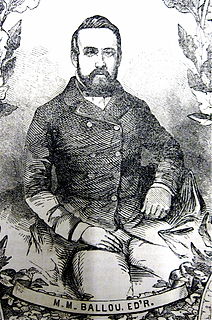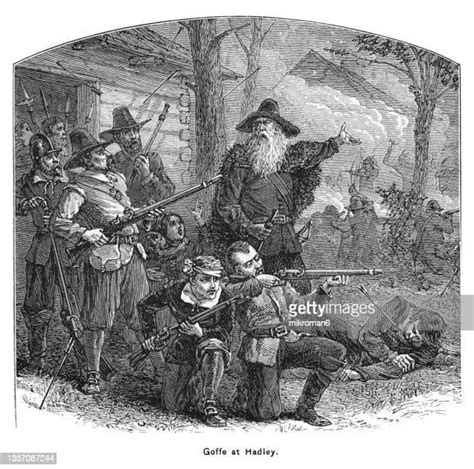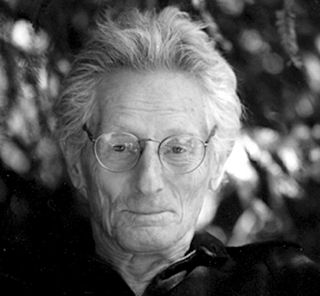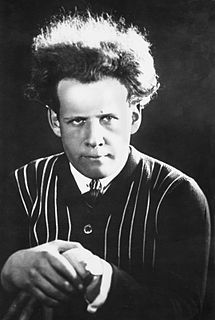A Quote by Maturin Murray Ballou
Books of quotation are not only of importance to the reader for what they contain of matured thought, but also for what they suggest. Our brains receive the spark and become luminous, like inflammable material by the contact of flint and steel.
Related Quotes
The Library didn't only contain magical books, the ones which are chained to their shelves and are very dangerous. It also contained perfectly ordinary books, printed on commonplace paper in mundane ink. It would be a mistake to think that they weren't also dangerous, just because reading them didn't make fireworks go off in the sky. Reading them sometimes did the more dangeous trick of making fireworks go off in the privacy of the reader's brain.
To read great books does not mean one becomes ‘bookish’; it means that something of the terrible insight of Dostoyevsky, of the richly-charged imagination of Shakespeare, of the luminous wisdom of Goethe, actually passes into the personality of the reader; so that in contact with the chaos of ordinary life certain free and flowing outlines emerge, like the forms of some classic picture, endowing both people and things with a grandeur beyond what is visible to the superficial glance.
If you are reading in order to become a better reader, you cannot read just any book or article. You will not improve as a reader if all you read are books that are well within your capacity. You must tackle books that are beyond you, or, as we have said, books that are over your head. Only books of that sort will make you stretch your mind. And unless you stretch, you will not learn.
Why is one a slave to thought ? Why has thought become so important in all our lives -thought being ideas, being the response to the accumulated memories in the brain cells? Perhaps many of you have not even asked such a question before, or if you have you may have said, "it's of very little importance- what is important is emotion." But I don't see how you can separate the two. If thought does not give continuity to feeling, feeling dies very quickly. So why in our daily lives, in our grinding, boring, frightened lives, has thought taken on such inordinate importance?
Presumably there are energies, to which each human is sensitive, that we cannot yet detect by means of our instruments. Built into our brains and our bodies are very sensitive tuneable receivers for energies that we do not yet know about in our science but that each one of us can detect under the proper circumstances and the proper state of mind. We can tune our nervous systems and bodies to receive these energies. We can also tune our brains and bodies to transmit these energies.
Books are attracted to me. They make a beeline for me, and stick to me. I have been so fond of them that at last they have begun to reciprocate. In my hands books burst like ripe fruit. Like magic flowers they unfold their petals to show me the vital thought, the suggestive word, the confirming quotation, the decisive illustration.





































